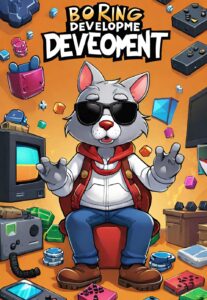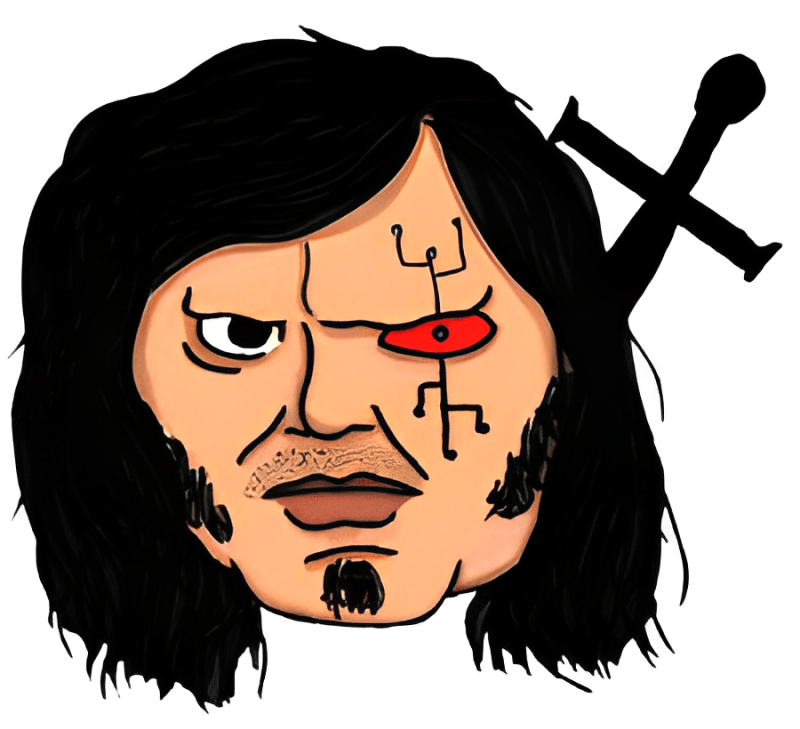The past decade has seen a remarkable rise in the debate around political correctness and its effects on various sectors of our society. Video game development has not been spared from this cultural “revolution”. The drive for political correctness has pushed game developers to adjust their creative processes and reconsider the content they produce. This development has had mostly negative implications and it’s worth taking a closer look at how political correctness may have stifled the creative freedom of video game developers.
The Emergence of Political Correctness in Gaming
In the genesis of gaming, the focus was on creating engaging narratives and introducing immersive gameplay mechanics. Potential political or societal implications were often overlooked or deemed irrelevant. Fast-forward to today, and the landscape is considerably different. As video games have soared in popularity and cultural relevance, they’ve also found themselves under a microscope, analyzed for their impact on various demographics.
The very essence of political correctness has etched itself into the heart of game development, acting as a crucial player in shaping the industry. It has given rise to an increased drive to create characters, plotlines, and gaming environments that are more reflective of the world’s “diverse” population. The aim has been to ensure that these elements of game development are considerate towards race, gender, and other societal norms.
However, this heightened awareness has not only led to a push for inclusivity in gaming but also introduced a new challenge to game developers. Navigating the complex realm of political correctness while keeping the original vision of the game intact is a delicate balancing act. The risk of upsetting or offending certain groups has become a legitimate concern in the development process in the fear of cancellation.
As a result, political correctness has placed developers in a challenging position of having to constantly tread the fine line of creating content that is both politically correct and creatively satisfying. The result is a gaming industry trying to be social justice warriors while creating bland and boring games with no creativity or uniqueness.
The Sacrifice of Artistic Vision for Acceptance
In the pursuit of adhering to societal norms and avoiding potential criticism, game developers often find themselves curbing their artistic creativity. The new norm has compelled creators to modify, dilute, or even completely abandon their original ideas, all in the name of avoiding the treacherous territory of possible insensitivity. As a consequence, this often leads to the stifling of innovative concepts that could push the boundaries of the gaming landscape.
Game creators may steer clear of provocative subjects or unconventional characters, opting for safer, more universally acceptable content. This approach, while helping to avoid controversy, can sometimes lead to a sense of uniformity and blandness in games that dampens the full potential of this immersive medium.
It’s a fascinating dynamic, in which the commitment to political correctness can inadvertently become a form of creative restriction. Developers often find themselves facing the challenging task of adapting their games to meet the ever-evolving societal expectations, while also trying to stay true to their artistic vision. The risk of eliciting backlash and accusations of insensitivity can sometimes overshadow the drive for bold, transformative creativity.
The Limitation of Freedom and Player Agency
One of the profound impacts of political correctness on the gaming industry has been its effect on the autonomy and freedom of the player within the game world. As developers strive to produce content that adheres to societal expectations and avoids potential pitfalls of controversy, they can inadvertently limit the scope of choices available to the player. This restriction can encompass a range of player actions and decisions, affecting the depth of the gameplay experience.
Imagine a world where your actions are rigidly constrained, where your decisions hold little weight, and where your choices are limited, doesn’t sound very appealing, does it? Yet, this is the reality many gamers might find themselves in when the developers restrict player agency to avoid potential backlash. It’s like having a sandbox, but being told you can only build certain types of castles.
Games have always been celebrated for their ability to provide rich, immersive experiences. They offer us a unique opportunity to navigate alternative realities, experiment with different identities, and even grapple with complex moral dilemmas. However, when developers curtail the freedom of players, they run the risk of diluting these experiences. A game that limits player agency can feel shallow and restrictive, depriving gamers of the multi-layered engagement that they have come to love.
More than that, these limitations can prevent games from truly exploring the intricate moral and ethical dimensions that make gameplay so fascinating. Can you truly understand the weight of a decision if there are no real consequences? Can a game fully explore the moral complexity of a situation if it avoids controversy at all costs?
In striving for political correctness, developers must be careful not to let it come at the cost of player agency. After all, the power of video games lies in their ability to offer us complex, diverse, and even challenging experiences, experiences that require freedom and autonomy to fully realize.

The Effect on Diverse Creative Storytelling
The road to political correctness in gaming is marked with unintended detours. Under the microscope of societal scrutiny, developers often grapple with the challenge of steering clear of narrative themes or character arcs that could potentially cause offense.
Imagine a storytelling terrain where certain topics are too risky to tread upon, where specific character developments are avoided for fear of societal backlash. It’s a scenario that could lead to a creative plateau, where narratives become homogenized, painting a less than holistic picture of human experiences in all their varied nuances. The resulting narrative landscape, while safe and controversy-free, may lack the depth and diversity that truly mirror the complexity of the world we live in.
A world where all stories are similar is a world lacking in imagination. And isn’t imagination the heart of video gaming? When developers feel compelled to play it safe, the stories they tell may become predictable, and the gaming experience loses its power to surprise, to provoke, and to stir the imagination.
Moreover, the avoidance of controversial topics can be a missed opportunity. Controversial themes, when handled thoughtfully and responsibly, can stimulate critical thinking, spark meaningful conversations, and provide gamers with a platform to engage with complex societal issues. The fear of causing offense may inadvertently result in a form of narrative censorship, curbing the gaming industry’s potential to influence societal change.
In the quest for political correctness, it’s crucial to remember the significance of diversity in storytelling. Not just diversity in terms of race, gender, or culture, but diversity in themes, narratives, and character developments. This includes stories that challenge our preconceptions, that make us question our beliefs, and that offer perspectives that broaden our understanding of the world. Game developers are in a unique position to influence the narrative landscape, and it’s crucial they seize this opportunity while also maintaining sensitivity and respect.
The Danger of Self-Censorship in Game Development
The threat of self-censorship within the realm of game development presents a potential minefield. Spurred by the dread of controversy or backlash, developers may find themselves in the precarious position of censoring their own creative output. This phenomenon could place a severe damper on the genesis of new and unique gaming experiences. What’s more, it has the potential to breed an atmosphere of apprehension and restriction among those daring to bring their creative visions to life.
In the quest to avoid stepping on any potential societal landmines, game developers may feel compelled to edit, alter, or even omit their original concepts entirely. This self-censorship can end up limiting the diversity of games produced, leaving gamers with a pool of choices that feel eerily similar, lacking in the bold, innovative elements that have made the gaming industry such an exciting medium of artistic expression.
Perhaps even more concerning is the long-term impact of this climate of self-censorship. It could lead to a stifling of creative courage among game creators, making them hesitant to explore new frontiers or push the boundaries of conventional gaming narratives and mechanics. This culture of inhibition could result in an industry that plays it safe, shying away from groundbreaking ideas and settling for the tried and tested.
In the end, it’s the daring to dream, to experiment, and to create that drives the creative edge of the gaming industry. Navigating the waters of self-censorship is a delicate task, but one that is necessary to ensure the ongoing growth and enrichment of this ever-evolving creative landscape.






